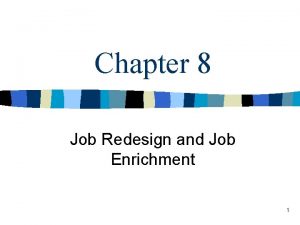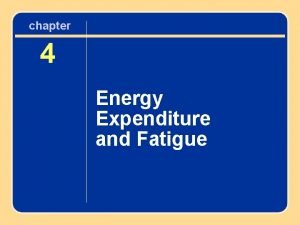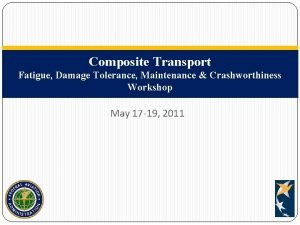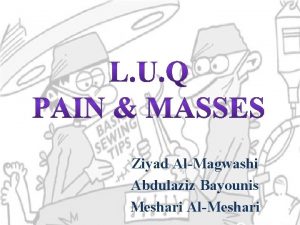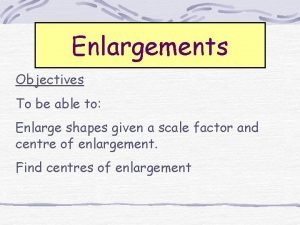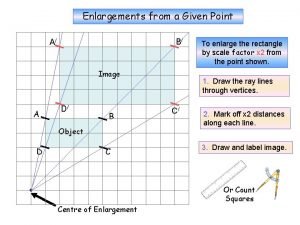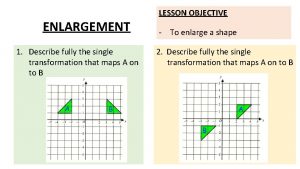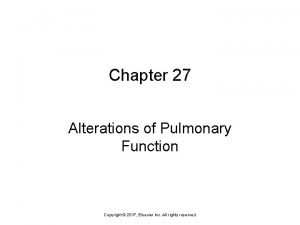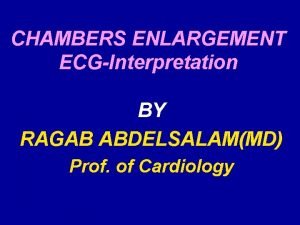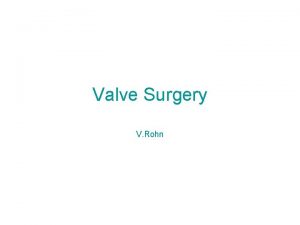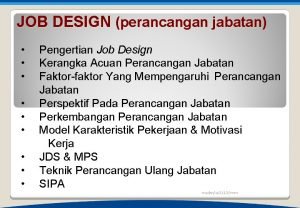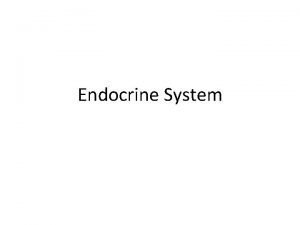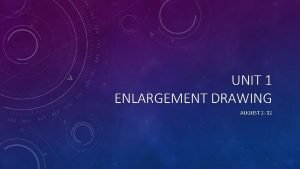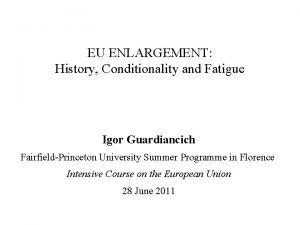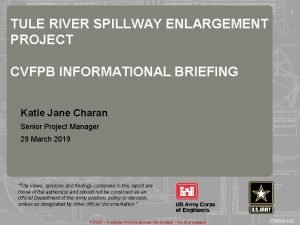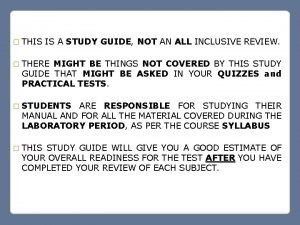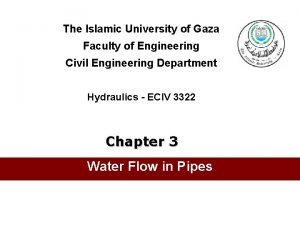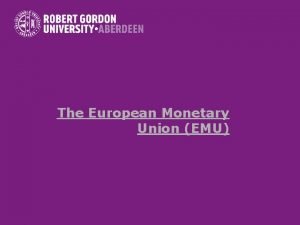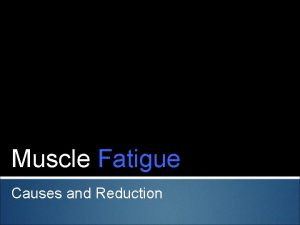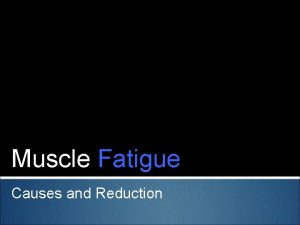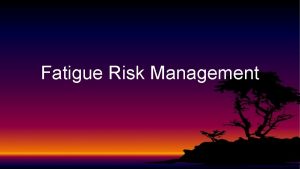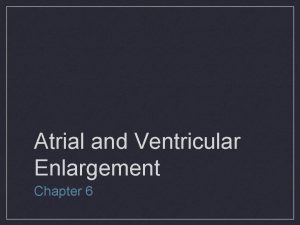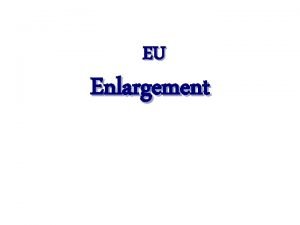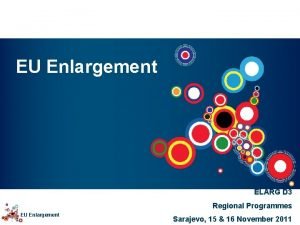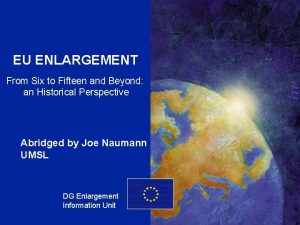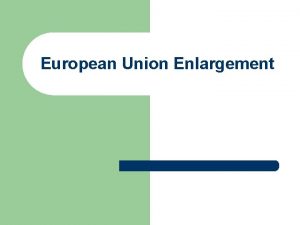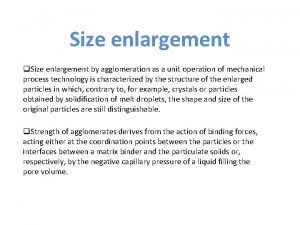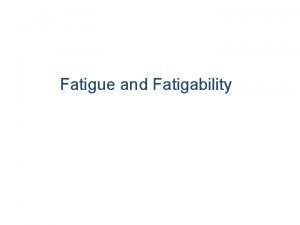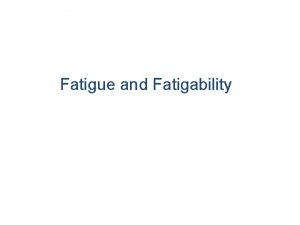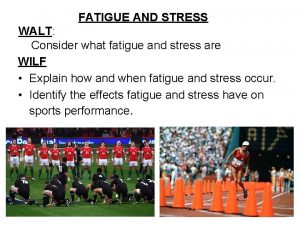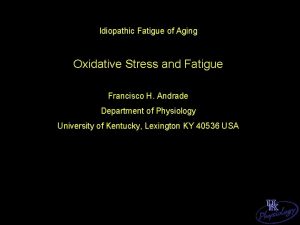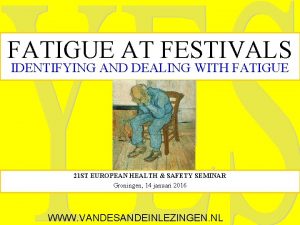EU ENLARGEMENT History Conditionality and Fatigue Igor Guardiancich























- Slides: 23

EU ENLARGEMENT: History, Conditionality and Fatigue Igor Guardiancich Fairfield-Princeton University Summer Programme in Florence Intensive Course on the European Union 28 June 2011

History of EU enlargement - I Timeline 1957 Belgium, France, (West) Germany, Italy, Luxembourg, Netherlands 1973 Denmark, Ireland, United Kingdom 1981 Greece 1986 Portugal, Spain 1995 Austria, Finland, Sweden 2004 Cyprus, Czech Republic, Estonia, Hungary, Latvia, Lithuania, Malta, Poland, Slovakia, Slovenia 2007 Bulgaria, Romania Candidates Scrutinized Potential Croatia, Macedonia, Turkey Albania, Iceland, Montenegro Bosnia and Herzegovina, Kosovo, Serbia

History of EU enlargement - II The fifth, aka Eastern enlargement

History of EU enlargement - III 2011 Members Candidates Potential

The enlargement process - I Art. 49 TEU states that any European country can apply for membership if it respects principles of liberty, democracy, respect of human rights and the rule of law. The eastern enlargement is the first, which has an institutionalized (evolving) process and a DG. Previous ones were ad hoc and not subject to strict conditions. Timeline 1989 Collapse of socialism. The EC was unprepared: no Marshall plan or Treuhandanstalt. Early 1990 s. Association (Europe) Agreements signed after first aid programs. They entailed a structured framework, asymmetric trade liberalization, but also important exceptions: i) ECSC products, textiles, agriculture; ii) tariff facility for infant/restructuring industries in NMS; iii) safeguard rules.

The enlargement process - II 1993 Copenhagen. 3 criteria: i) political - stable institutions guaranteeing democracy, rule of law, human rights, protection of minorities; ii) economic - a functioning market economy and capacity to cope with the competitive pressures within the EU; iii) ability to take on the obligations of membership, including the adherence to political, economic and monetary integration. i) & ii) to start negotiations, iii) to accede. 1994 Essen. Pre-accession strategy devised and a White Paper to specify the internal market acquis. Great emphasis on institutional structures. 1995 Madrid. Preparation of the opinions and of Agenda 2000 (CAP reform and EU budget 2000 -06). 1995 Customs union with Turkey.

The enlargement process - III 1997 Opinions published, followed by Regular Reports. 1997 Luxembourg. Candidacies recognized, Accession Partnerships (with SR and MR goals) handed out, bilateral negotiations with CZ, CY, EE, HU, PL, SI. 1999 Berlin. Agenda 2000: CAP and budget. Helsinki. Bilateral negotiations with BG, LT, LV, RO, SK. 2000 Gothenburg. Timetable for accession (EP elections). 2000 Stabilization and Association Process with Western Balkans. 2001 Laeken. Call for Convention for the future of Europe due to institutional concerns. 2003 Thessaloniki Agenda and closure of all chapters. 2004 First wave of the Eastern enlargement. 2005 Three new candidates: FYRo. M, Croatia, Turkey. 2007 Accession of Bulgaria and Romania.

Conditions for success Mandatory requirements Copenhagen criteria, closure of all negotiating chapters (35), Accession Treaty approved by EP, Council and Commission, ratification by all MS. More demanding than previous enlargements Acquis is bigger, more complex (Schengen, EMU, SEM), growing constantly (ECJ jurisprudence) and there are no opt-outs (95% of acquis as opposed to 80%). Limited transition periods - The acquis, the whole acquis, and nothing but the acquis. Adaptation was faster (EFTAns had 20 years). NMS starting point was lower for political, economic and institutional adaptation. Conditions were more far-reaching and ambiguous, way beyond the acquis.

Triple transition I Even though the 5 th enlargement was about overcoming the Yalta agreement… …its biggest challenge was coping with the triple transition.

Triple transition II Politics, economics, sovereignty Politics: from socialism to democracy Economics: from central planning (or self-management) to a market economy Sovereignty: from limited to full sovereignty Two main goals of Central, Eastern and Southeastern European peoples after 1989/1991: ‘Higher living standards’ + ‘Greater individual freedom’ Paradoxically these were precisely the objectives that Communism committed itself to.

Triple transition III …a rationale for the Copenhagen criteria CESE countries after 1989/1991 had to: - construct a liberal democratic environment through Constutionalization of fundamental political and social rights - build a market economy from the depths of the transformational recession Hence, the 3 Copenhagen criteria were the minimal guarantee for Old Member States to grant accession.

Nature of EU conditionality - I Mechanisms of EU conditionality Dual role: i) to reassure MS that there would be no disruption; ii) to guide NMS. Limitations Copenhagen criteria are vague and not measurable. Moving target problem: although economic conditions have a neoliberal flavor, the EU incorporates many varieties of capitalism; the acquis is too broadly defined and the time horizon is vague. EU’s twofold role: aid donor and club owner. Many of the norms are created for developed countries, NMS were not. Contradictions between regulatory and developmental state.

Nature of EU conditionality - II Conditionality levers of the EU Negotiations and further stages: i) good relations to the EU for trade and aid; ii) politically acceptable government for candidacy; iii) democracy and human rights for negotiations (Turkey left out in 1999; demarche in 1997). Aid and policy advice: PHARE, twinning, CARDS. In 2007 Instrument for Pre-Accession Assistance (€ 11. 5 B). Accession Partnerships provide a reform template and rescission of an EU Agreement is a last resort measure. Regular Reports: from regatta approach to country clusters. Effectiveness of conditionality: i) EU as focal point and guide; ii) EU membership as commitment device. Drawbacks: accession happens after NMS incur costs; there is no ranking of goals; EU advice is inconsistent.

Costs and benefits for EU - I Economic benefits There a number of asymmetries: size (NMS 7% of EU GDP in 2003), regional and sectoral disparities, etc. Gains from trade (economic integration theories - FTA, customs union, common market, EMU), achieved with EU Agreements. FDI flowing into the region, the EU accounts to more than 2/3. Even though there was criticism (unemployment), laborintensive firms would have moved anyway. Induced economic renewal due to: i) external shock to sectors needing reform (CAP, SFs); ii) out-liberalization by NMS (private pensions, flat tax).

Costs and benefits for EU - II Political benefits Prospects of membership consistently improve democratic indicators in candidates. Greater stability, security and democracy in Europe’s troubled regions is the main goal. Overcoming Yalta and 40 years of cold war. This was the primary motive to include the whole of Central and Eastern Europe with Helsinki 1999. Strengthening EU’s international bargaining position through a single market of 500 M consumers. With the Eastern enlargement in 2004 regained some of the credibility lost with the Yugoslav wars 1991 -2001.

Costs and benefits for EU - III Economic and political costs Budgetary costs harming existing MS: German taxpayers, French and Danish farmers, the Cohesion countries. The 1999 Berlin Council created a satisfactory solution: CAP reform and Financial Perspective 2000 -06. The initial defensive stance in key sensitive sectors (chemicals, agriculture, ECSC products, textiles) harmed also the EU. Industries forewent induced restructuring. Limited mobility to labor, lobbied by Austria and Germany, up to 7 years, again showing that EU is not an OCA. Politically, it is worth mentioning the costs of not enlarging for continuous regional instability.

Costs and benefits for NMS - I Political and security C&B NMS take part in decision-making. Crucial, as the EU deals clumsily with countries that are neither MS nor third. Psychological: return to Europe after the Cold War. Gains in internal and external security, as no MS can be plausibly attacked without an EU-backed response. Gains from EU conditionality: i) simplification of decision-making; ii) hands-tying arrangements (Copenhagen criteria) to withstand organized interest groups. Costs: i) loss of sovereignty reminding of Brezhnev doctrine; ii) stable party systems failed to emerge.

Costs and benefits for NMS - II Economic benefits Full access to the EU Internal Market. Gains from trade are almost gone but there are many other advantages. If the EU put safeguards on various key NMS sectors, being a full member lifts them permanently. Trade with old MS tripled in 10 years, among NMS quintupled. Becoming full members means that regulations and practices of a market economy are fully entrenched, as approaching membership is akin to a hands-tying arrangement. EU rules on competition, state aid, public procurement lower the demand supply of lobbying. This leads to greater investments (FDIs constitute over 20% of total), lower risk premia and access to EU savings.

Costs and benefits for NMS - III Some economic costs Clash between the integration process and developmental goals of NMS: i) joining the CCP lowers tariff revenues; ii) the Maastricht criteria squeeze the budget and eliminate exchange rate policy. Aid was low. Candidates got 8. 8% of the operational budget max, though they are poorer than Mediterranean countries. That makes € 225 per head, instead of € 400 in Portugal and Greece. Absorption capacity is low. Process-related regulation (Single Market White Paper) is too burdensome for flexible NMS industries. Environmental regulation is there for more developed states.

EU enlargement fatigue - I Waning support After the 2007 enlargement, the support for further expansion dropped to less than 40% in AT, FR, GE, LX (crime, loss of jobs, delocalization). Only 44% say that EU has been strengthened by enlargement. In prospective NMS support fell everywhere and HR thinks the EU brings disadvantages. Ethnic Albanians in Kosovo are the most enthusiast. On prospects of accession, Bi. H is the most skeptical (1/6 think it will never join). High vs. low politics: enlargement is seen as anchor of stability and democracy in the region (O. Rehn), and at the same time used as scapegoat for current EU ills.

EU enlargement fatigue - II Economic concerns Both the far-right and far-left during these EP elections equated enlargement with unfair competition. Sarkozy tried to repatriate parts of the motor industry (then thwarted by liberal Commission). The ‘Polish plumber’ created labor shortages in NMS. BG and RO paid much less than they received from the budget. They joined unprepared and their reforms stalled right after accession. Security concerns Enlargement is equated with illegal immigration. Crime gangs from NMS organize in Western Europe, leading to the criminalization of entire ethnic groups (Romanians in Italy). Free movement of labor will be further penalized.

EU enlargement fatigue - III Political concerns At the core of political disputes lies the accession of Turkey to the EU. Merkel and Sarkozy are opposed to its entry and support a special privileged status falling short of full membership. This is creating major discontent in the country, which introduced dramatic reforms since 2001 under Erdogan and its Justice and Development Party (AK Parti) and started negotiations in October 2005. Institutional concerns Ever since the Eastern enlargement became a possibility, EU decision-making reforms are on the agenda. The Lisbon Treaty, voted on 2 Oct 2009 by Ireland, should partly accommodate more NMS.

Thank you very much!
 Job enrichment example
Job enrichment example Energy expenditure and fatigue
Energy expenditure and fatigue Age fatigue inattentiveness eyesight and footwear are
Age fatigue inattentiveness eyesight and footwear are Desiderata by max
Desiderata by max Fatigue and damage tolerance course
Fatigue and damage tolerance course Cause of splenomegaly in malaria
Cause of splenomegaly in malaria Spinal nerves diagram
Spinal nerves diagram Lvh criteria cornell
Lvh criteria cornell Job analysis information hierarchy
Job analysis information hierarchy Enlarge a shape by scale factor 2
Enlarge a shape by scale factor 2 Centre of enlargement
Centre of enlargement Describe fully the single transformation enlargement
Describe fully the single transformation enlargement Absorptive atelectasis
Absorptive atelectasis Left atrial hypertrophy ecg
Left atrial hypertrophy ecg Aortic valve anatomy
Aortic valve anatomy Job design contoh
Job design contoh Myxedema
Myxedema Enlargement drawing
Enlargement drawing Scale factor of enlargement formula
Scale factor of enlargement formula Eu enlargement timeline
Eu enlargement timeline Tule river spillway enlargement project
Tule river spillway enlargement project Lumbar enlargement of spinal cord
Lumbar enlargement of spinal cord Chezys equation
Chezys equation Enlargement of the eu
Enlargement of the eu
